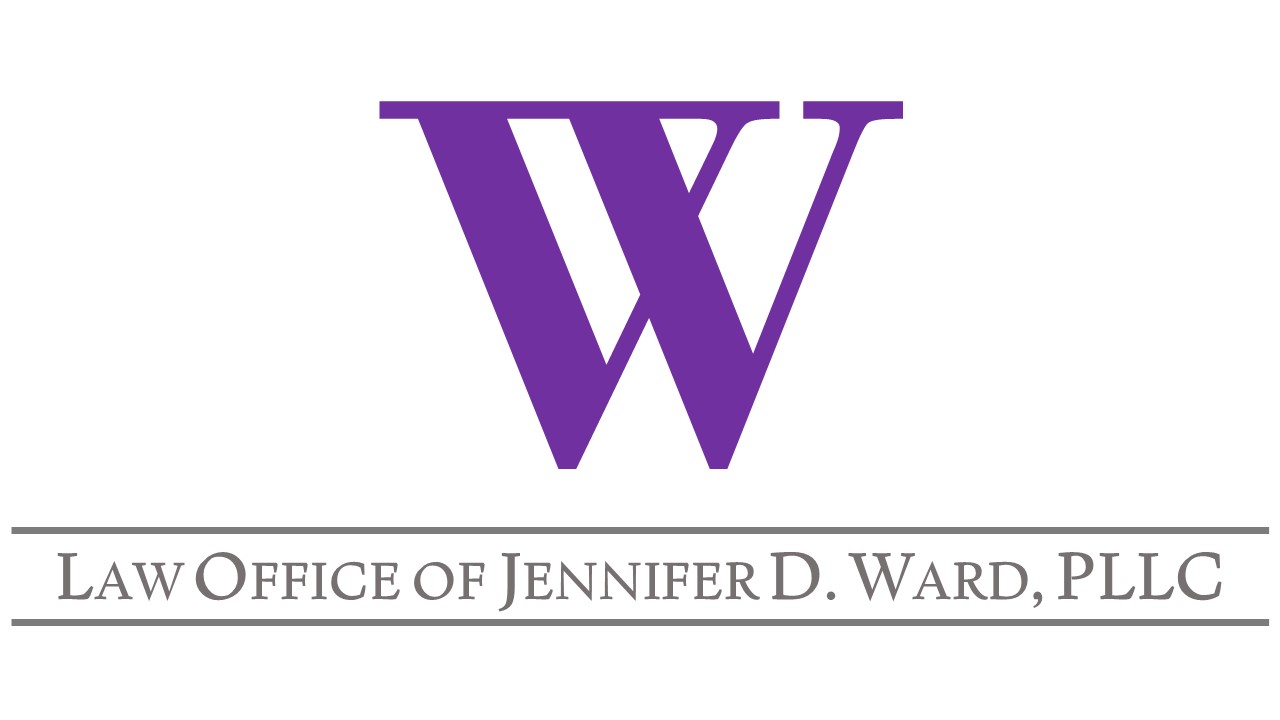Hiring interns is a hot topic this time of year as we get closer to summer. There are legal restrictions on interns that have changed in recent years. As always, the best way to ensure compliance is to consult with an experienced employment law attorney. Here is a brief overview to help point you in the right direction.
Wage and Hour Restrictions
There are special wage and hour rules that apply to interns. Paid interns are considered employees for the purposes of the Department of Labor and Fair Labor Standards Act and are thus entitled to the same protections as employees. In the public and non-profit sectors, interns may be unpaid under certain circumstances.
In 2018, the Department of Labor changed its requirements to determine whether unpaid interns are employees and thus entitled to minimum wage and overtime provisions. The new standard is called the “primary-beneficiary test.” This test can be challenging to apply to a particular fact pattern because none of the factors are determinative.
As a starting place, the “economic realty” of the employer-intern relationship is an important factor. If the intern is the primary beneficiary of the internship, then they do not have to be paid. To put it another way, if an intern is not receiving monetary compensation, they must clearly be receiving other kinds of benefits from the position. For example, the intern could be receiving industry-specific training or academic credit.
Primary-Beneficiary Test
The Department of Labor utilizes the primary-beneficiary test to determine whether it is appropriate for interns to be unpaid. The primary-beneficiary test factors:
1. The extent to which the intern and the employer clearly understand that there is no expectation of compensation. Any promise of compensation, express or implied, suggests that the intern is an employee – and vice versa.
2. The extent to which the internship provides training that would be similar to that which would be given in an educational environment, including the clinical and other hands-on training provided by educational institutions.
3. The extent to which the internship is tied to the intern’s formal education program by integrated coursework or the receipt of academic credit.
4. The extent to which the internship accommodates the intern’s academic commitments by corresponding to the academic calendar.
5. The extent to which the internship’s duration is limited to the period in which the internship provides the intern with beneficial learning.
6. The extent to which the intern’s work complements, rather than displaces, the work of paid employees while providing significant educational benefits to the intern.
7. The extent to which the intern and the employer understand that the internship is conducted without entitlement to a paid job at the conclusion of the internship.
This Department of Labor Fact Sheet is a great resource: https://www.dol.gov/agencies/whd/fact-sheets/71-flsa-internships
Health Coverage
If you are considering a paid internship, it is important to understand how the Affordable Care Act may apply. Larger organizations are required to offer health care coverage to their full-time employees, which includes interns if they work more than 30 hours per week. There is a very narrow exception for “seasonal employees”, but most interns do not fall into this category. Employers are not required to offer health coverage to unpaid interns, even if they work more than 30 hours per week.
This is a complicated area of the law. In order to avoid penalties, you should consult with legal counsel before hiring interns.

